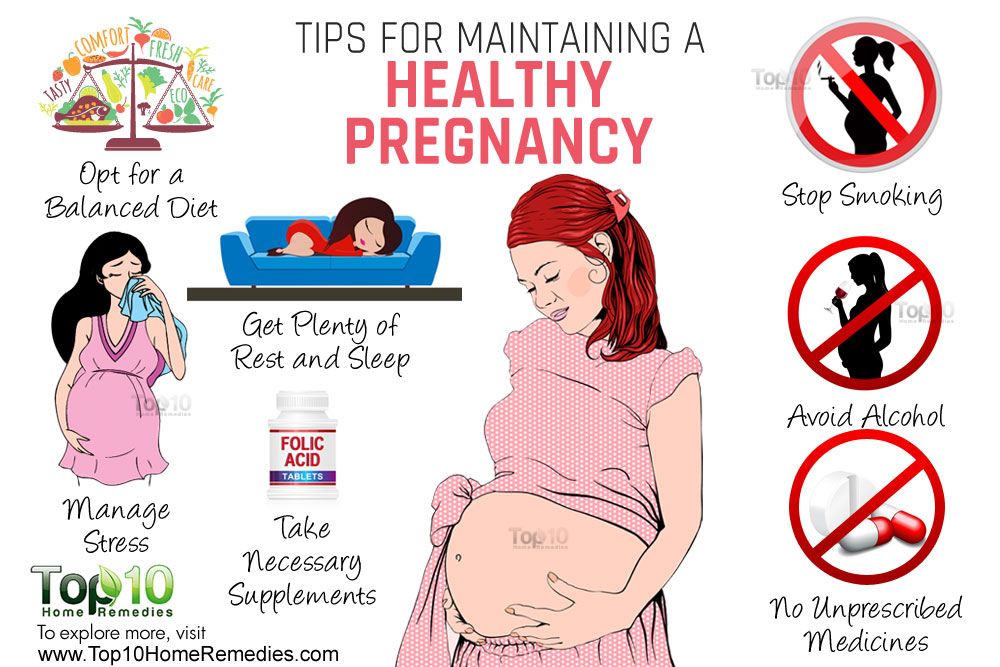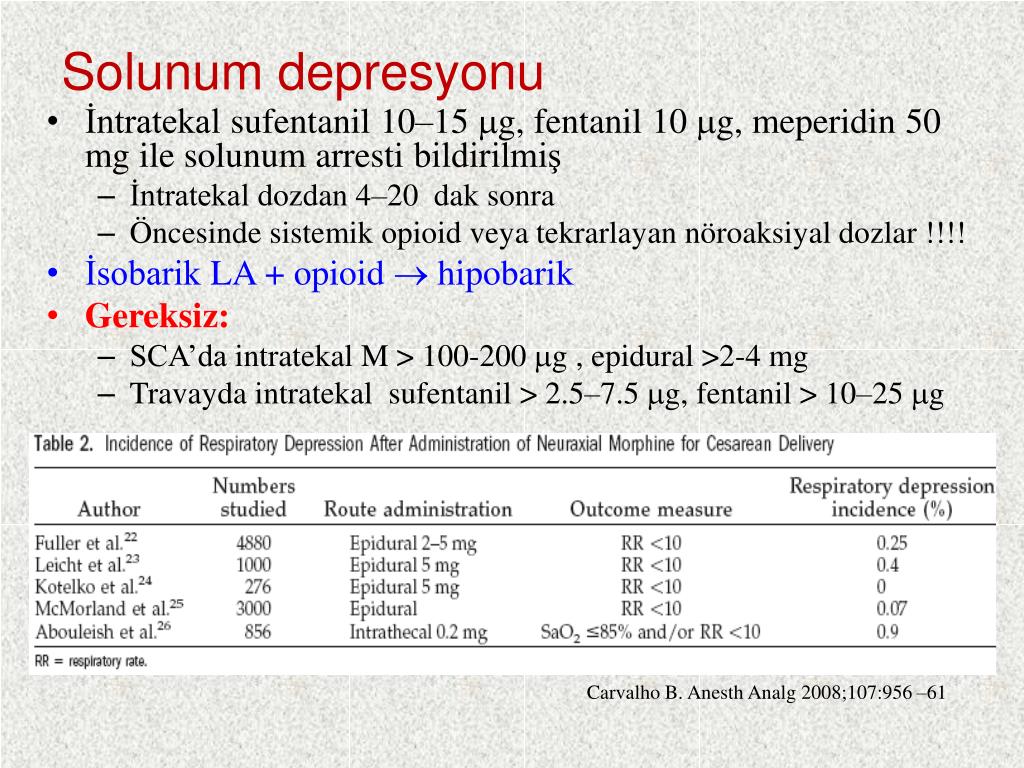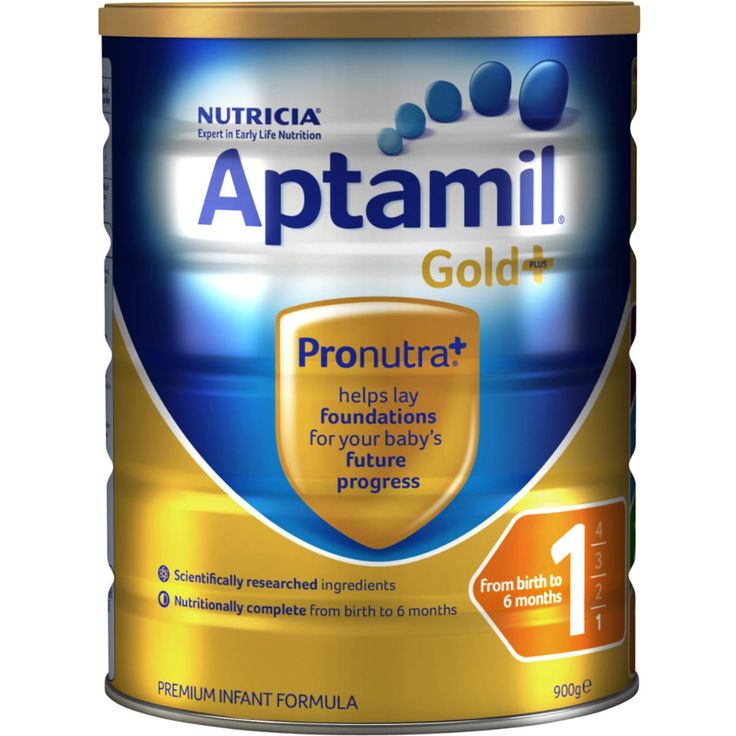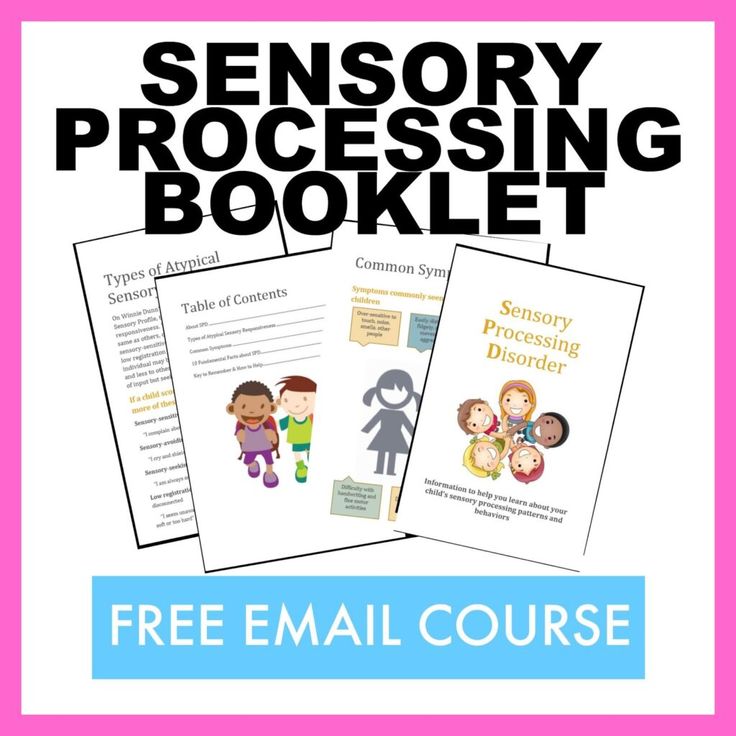Health and pregnancy
Have a Healthy Pregnancy - MyHealthfinder
- The Basics
- Take Action
The Basics
Overview
Health care during pregnancy is called prenatal care. Getting prenatal care can help you have a healthier baby. It also lowers the risk of your baby being born too early, which can lead to health problems for your baby.
During prenatal care, your doctor or midwife can find any health problems that may come up. A midwife is a health professional who provides health care during pregnancy and helps pregnant people during childbirth.
Get regular prenatal checkups.
Schedule a visit with your doctor or midwife as soon as you know you're pregnant — or if you think you might be. You'll need many checkups with your doctor or midwife during your pregnancy. Don't miss any of these appointments — they're all important.
Be sure to get all the medical tests that your doctor or midwife recommends. Early treatment can cure many problems and prevent others.
Take steps to have a healthy pregnancy.
To keep you and your baby healthy, it's important that you:
- Don’t smoke or drink alcohol
- Eat healthy and get enough folic acid
- Stay physically active
Get more tips for a healthy pregnancy:
- If you just learned that you're pregnant, find out what to do next
- Check out these tips for staying healthy and safe during pregnancy
Topics to Discuss
Make the most of each visit with the doctor or midwife.
Talk with your doctor or midwife about:
- Your personal and family health history, including any chronic (long-term) health problems or surgeries you've had
- When you need to get medical care for issues that can come up — like high blood pressure, dizziness, swelling, pain, bleeding, or contractions
- When and where to go for emergency care during your pregnancy
- Any prescription and over-the-counter medicines that you take — as well as vitamins, supplements, and herbs
- Healthy weight gain during pregnancy
These visits are also a great time to discuss:
- Questions you have about pregnancy, childbirth, and breastfeeding
- How to get help buying food if you need it — including how to get help from a program called WIC (Women, Infants, and Children)
- Anything that’s bothering or worrying you
If you're worried about your health during pregnancy, don't wait to ask for help. Learn more about pregnancy complications and when to call your doctor or midwife.
Learn more about pregnancy complications and when to call your doctor or midwife.
Make a birth plan.
A birth plan describes what you want to happen during childbirth and after your baby's birth. It can include:
- Where you'd like to give birth — for example, at a hospital or birthing center
- Who you want with you for support (like your partner, family member, or close friend) before, during, and after childbirth
- How you want to manage pain during childbirth
- Who you want to help you make important medical decisions during childbirth
- Your plan to breastfeed after your baby is born
Talk with your doctor about depression.
Many people experience depression during and after pregnancy. Talk with your doctor about your risk for depression and whether you need counseling to help prevent it.
Medical Tests
Get important medical tests.
During your pregnancy, your doctor or midwife will recommend medical tests that all people need as part of routine prenatal care. You’ll need to get some tests more than once.
You’ll need to get some tests more than once.
These tests give your doctor or midwife important information about you and your baby. The tests will check your blood or urine (pee) for:
- Rh factor (a protein some people have in their blood)
- Hepatitis B [PDF - 859 KB]
- Urinary tract infection (UTI)
- Syphilis
- HIV
- Signs of past rubella infections (German measles)
- Group B strep
If you're younger than age 25 or have certain risk factors, your doctor or midwife may also check for other sexually transmitted diseases (STDs). Learn more about STDs during pregnancy.
Your doctor or midwife will also check your blood pressure regularly during your pregnancy. They may recommend that you check your own blood pressure at home using a monitor you can buy at a drug store. High blood pressure during pregnancy can be a sign of preeclampsia, a health problem that some pregnant people develop. Learn more about preventing preeclampsia.
Talk about your family history.
Share your personal and family health history with your doctor or midwife. This will help you and your doctor or midwife decide whether you need any other tests, like genetic testing. Find out more about genetic testing.
Diabetes Testing
Get tested for gestational diabetes.
All pregnant people need to get tested for gestational diabetes between 24 and 28 weeks of pregnancy. Gestational diabetes is a type of diabetes that some people develop during pregnancy.
Pregnant people at high risk for type 2 diabetes may need to get tested earlier than people at normal risk. Find out about your risk for type 2 diabetes.
What do I need to know about gestational diabetes?
Gestational diabetes can lead to health problems for moms and babies — both during and after pregnancy. It’s important to get tested so that you and your doctor or midwife can take steps to protect you and your baby.
You're at higher risk for gestational diabetes if you:
- Are overweight or have obesity
- Have a family history of diabetes
- Are over age 25
- Are African American, Hispanic or Latino, American Indian, Alaska Native, Native Hawaiian, or Pacific Islander
- Had gestational diabetes during an earlier pregnancy
- Have had a baby weighing over 9 pounds
- Have polycystic ovary syndrome (PCOS)
You can reduce your risk for gestational diabetes by eating healthy and staying active during pregnancy.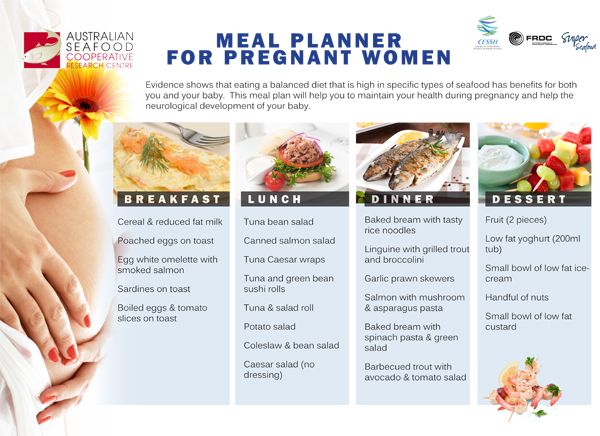
- Learn more about gestational diabetes
- Ask your doctor about getting tested for gestational diabetes
Cost and Insurance
What about cost?
Under the Affordable Care Act, insurance plans must cover routine prenatal tests. Depending on your insurance plan, you may be able to get these tests at no cost to you. Check with your insurance company to find out more.
To learn more, check out these resources:
- Free preventive care for women covered by the Affordable Care Act
- How the Affordable Care Act protects you
- Understanding your health insurance and how to use it [PDF - 698 KB]
If you don’t have health insurance, you can still get help paying for medical care during pregnancy:
- Get connected with free or low-cost services in your state by calling 1-800-311-BABY (1-800-311-2229)
- Find a health center near you and ask about prenatal care
Learn more about health insurance options for pregnant people.
Take Action
Take Action
Get Prenatal Care
There are lots of things you can do today to help you have a healthy pregnancy and a healthy baby.
Get regular prenatal care.
Plan on getting a prenatal checkup at least once a month for the first 6 months (through week 28) — and more often during the last 3 months of your pregnancy (after week 28). Learn more about prenatal care.
Get important vaccines.
All pregnant people need whooping cough and flu vaccines (shots). Talk to your doctor or midwife about getting other vaccines to help protect you and your baby. Learn more about vaccines for adults.
Take charge of your health care.
Speak up and ask questions when you're with your doctor or midwife. When you play an active role in your health care, you help make sure that you and your growing family will get good care. Find out how to take charge of your health care.
Keep track of your baby’s movement.
Sometime between 16 and 28 weeks of pregnancy, you'll probably start to feel your baby move.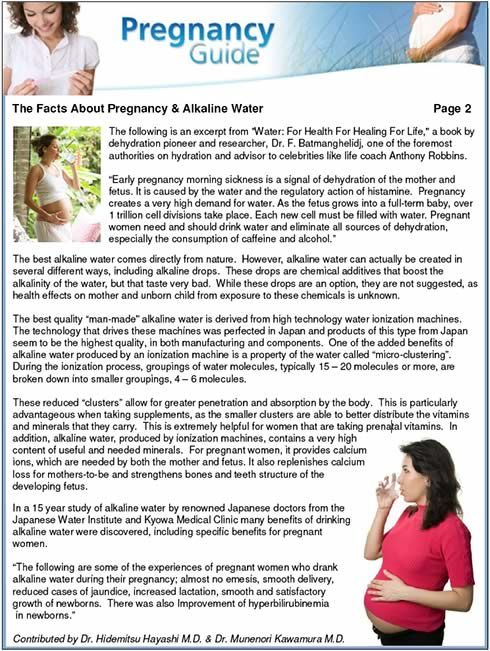 Keep track of how often your baby moves. If you think your baby is moving less than usual, call your doctor or midwife.
Keep track of how often your baby moves. If you think your baby is moving less than usual, call your doctor or midwife.
Don't Smoke, Drink Alcohol, or Use Drugs
Don’t smoke, drink alcohol, or use drugs.
One of the best ways to protect you and your baby is to stop smoking, drinking alcohol, and using drugs before you become pregnant — or as soon as possible during your pregnancy.
There's no safe amount to drink or smoke while you're pregnant. Both can harm your baby’s health. Talk with your doctor or midwife about ways to help you quit.
Quitting all forms of tobacco products, including e-cigarettes (vapes), is best for you and your baby. Secondhand smoke (smoke from other people’s cigarettes) can also put you and your baby at risk for health problems. Stay away from cigarette smoke during your pregnancy.
Using drugs during pregnancy — including opioid pain medicines and marijuana — can also put your baby’s health at risk. If you’re pregnant and using drugs, talk with your doctor right away.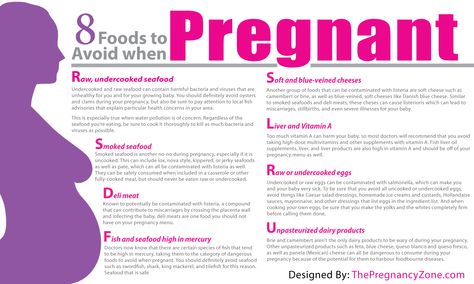
Learn more:
- Pregnant? Don’t Smoke!
- Quit Smoking
- Alcohol Use in Pregnancy
- What You Need to Know About Marijuana Use and Pregnancy
- Pregnancy and Opioid Pain Medications [PDF — 0.99 MB]
Eat Healthy and Stay Active
Get the nutrients you need.
Making healthy food choices and taking supplements as needed can help you gain weight in a healthy way, feel good while you're pregnant, and have a healthy baby.
- Check out these tips on healthy eating during pregnancy
- Ask your doctor or midwife if you need to take a daily prenatal supplement during pregnancy
- Take a daily supplement with 400 to 800 micrograms (mcg) of folic acid — folic acid is a vitamin that can prevent birth defects
Gain weight in a healthy way.
Gaining a certain amount of weight during pregnancy is important for both you and your baby. Learn how much weight is healthy for you to gain during pregnancy.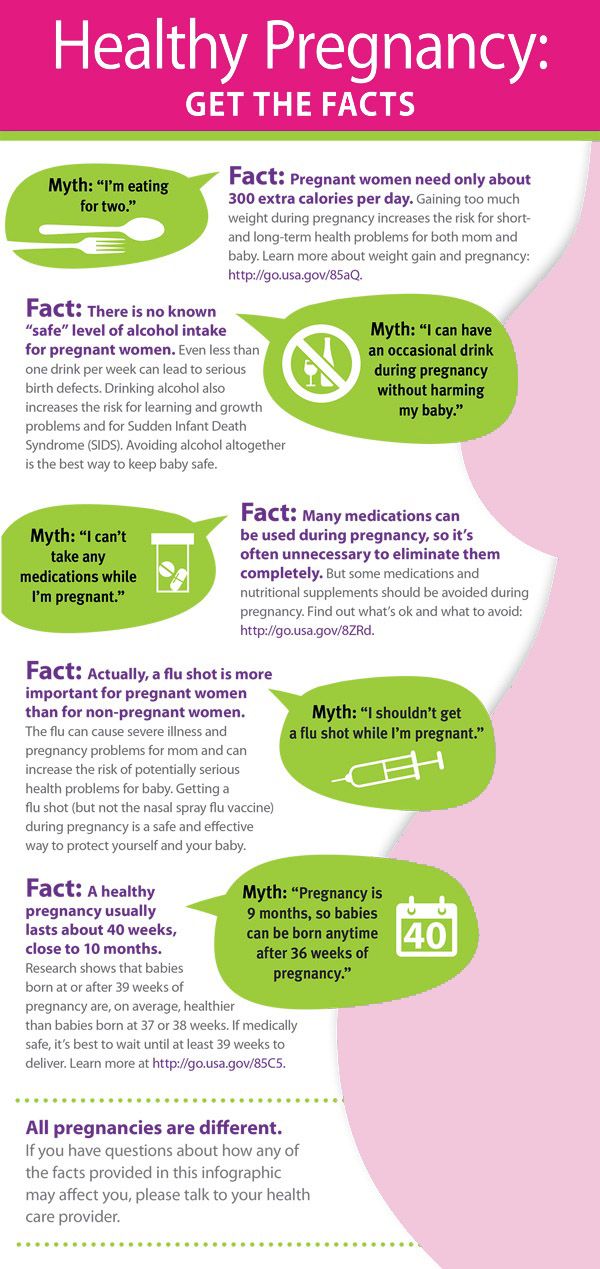
Even if you're overweight, you still need to gain some weight for your baby to grow. Ask your doctor or midwife how much weight is healthy for you to gain.
Stay active.
Being physically active can help you have a healthier pregnancy. Aim for at least 150 minutes a week of moderate-intensity aerobic activity — like walking, dancing, or swimming.
If you haven’t been active before, start slow and do what you can! Even a 5-minute walk has real health benefits, and you can add more activity over time.
Get more information about physical activity during pregnancy from these resources:
- Stay Active During Pregnancy: Quick Tips
- Move Your Way: Pregnancy
Prevent Infections
Take steps to prevent infections.
Follow these tips to prevent infections and help keep your baby safe:
- Wash your hands often with soap and water
- Make safe food choices and prepare food safely
- If you have a cat, learn how to protect yourself from toxoplasmosis (a disease spread by dirty cat litter)
- Get vaccines to protect you from whooping cough and the flu
- Avoid traveling to an area with Zika virus — and if you have to travel to an area with Zika, learn how to protect yourself from Zika virus
Learn more about preventing infections during pregnancy.
Get Support and Plan Ahead
Ask for help if you need it.
Being pregnant may be tiring or stressful at times. Extra support from loved ones can help. For example, family members or friends can:
- Provide emotional support so you feel less stressed
- Visit the doctor or midwife with you
- Go with you to a breastfeeding or birthing class
- Change the litter box if you have a cat
- Help prepare for the baby’s arrival by setting up furniture
Think about what you need, and don’t be afraid to ask for help.
Plan ahead for the first year with your new baby.
Having a new baby is exciting, but it can be stressful. Take steps to help you prepare for your new baby:
- Create a safe sleeping area for your baby, without soft objects in the crib.
- Talk with your doctor or midwife about newborn screening tests.
- Learn how to breastfeed your baby.
- Know the signs and symptoms of postpartum depression.
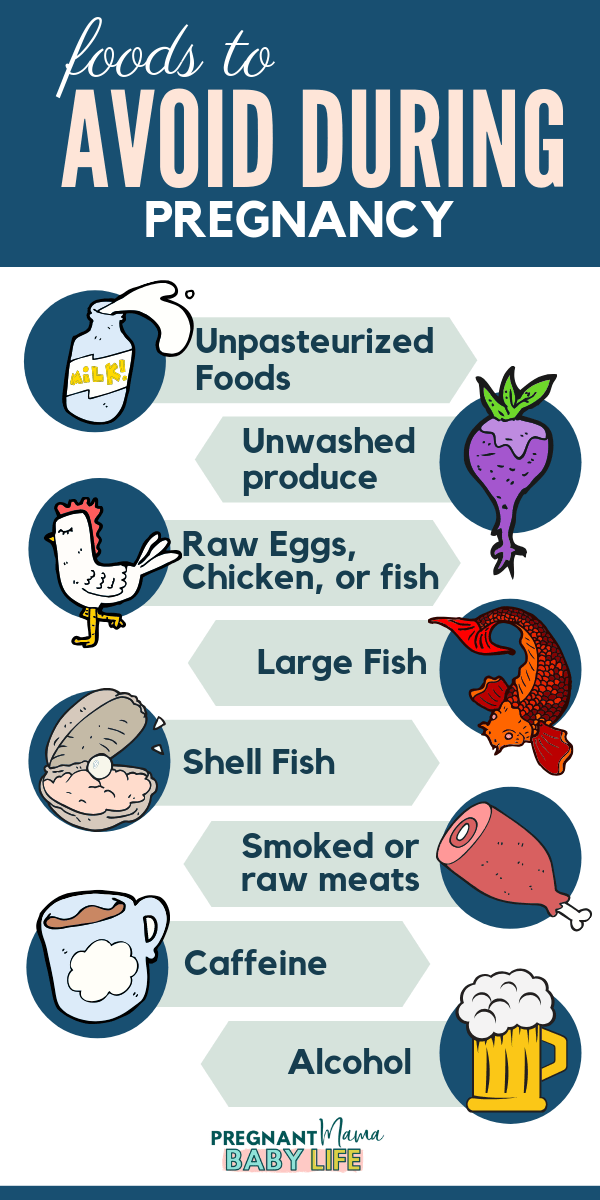 About 1 in 8 women experience depression after they have a baby. Talk to your doctor or midwife if you have any questions or concerns.
About 1 in 8 women experience depression after they have a baby. Talk to your doctor or midwife if you have any questions or concerns. - Make sure to keep up with postpartum visits to your doctor or midwife.
- Talk to friends and family about helping out after the baby arrives. If you don't want visitors, people can support you in other ways, like dropping off food.
Read more about preparing for your baby.
Before You Get Pregnant
Not pregnant yet? Plan ahead.
Planning ahead can help you have a healthier pregnancy. For example:
- Take a daily supplement with 400 to 800 micrograms (mcg) of folic acid. Taking folic acid before and during early pregnancy can help prevent certain birth defects. Most multivitamins have 400 mcg of folic acid — check the label to be sure.
- Stop drinking alcohol when you start trying to get pregnant.
- If you smoke, quit smoking when you start trying to get pregnant.
Read about more things you can do to plan ahead.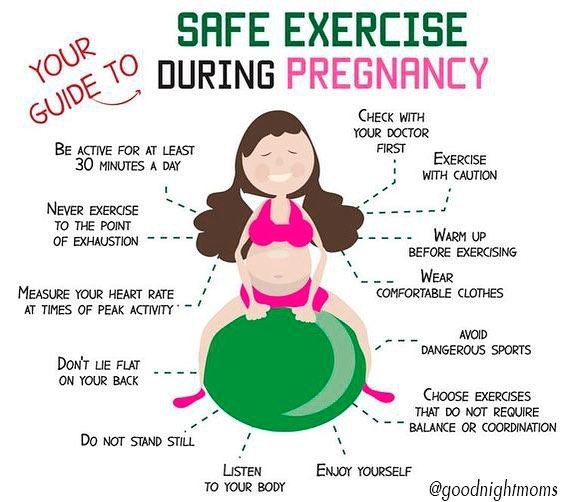
Schedule an appointment with a doctor or midwife.
- Get your blood pressure checked. If you have high blood pressure, ask your doctor how you can control it before and during your pregnancy.
- If you have a chronic (long-term) health condition, like diabetes, ask your doctor how you can control it before and during your pregnancy.
- Ask about getting vaccines before you get pregnant.
- Talk with your doctor about your family health history, including any medical conditions you have that could affect a pregnancy.
- Talk with your doctor about your risk for depression during pregnancy and whether you need counseling to help prevent it. Learn about depression during and after pregnancy.
- Talk with your doctor about any medicines you’re taking — both prescription drugs and over-the-counter medicines. Some medicines may not be safe to take while you’re pregnant.
- If you take opioid pain medicine, talk with your doctor about how to protect yourself and your baby.
 Learn more about opioids and pregnancy.
Learn more about opioids and pregnancy.
The Basics
Staying Healthy During Pregnancy (for Parents)
Now that you're pregnant, taking care of yourself has never been more important. Here's how to keep you and your baby as healthy as possible.
Prenatal Health Care
Key to protecting the health of your child is to get regular prenatal care. If you think you're pregnant, call your health care provider to schedule your first prenatal appointment. Many health care providers, though, won't schedule the first visit before 8 weeks of pregnancy, unless there is a problem.
At this first visit, your health care provider will probably do a pregnancy test, and will figure out how many weeks pregnant you are based on a physical examination and the date of your last period. He or she will also use this information to predict your delivery date (an ultrasound done sometime later in your pregnancy will help to verify that date).
If you're healthy and there are no complicating risk factors, most health care providers will want to see you:
- every 4 weeks until the 28th week of pregnancy
- then every 2 weeks until 36 weeks
- then once a week until delivery
Throughout your pregnancy, your health care provider will check your weight and blood pressure while also checking the growth and development of your baby (by doing things like feeling your abdomen, listening for the fetal heartbeat starting during the second trimester, and measuring your belly). During the span of your pregnancy, you'll also have prenatal tests, including blood, urine, and cervical tests, and probably at least one ultrasound.
During the span of your pregnancy, you'll also have prenatal tests, including blood, urine, and cervical tests, and probably at least one ultrasound.
When choosing a health care provider to counsel and treat you during your pregnancy, your options include:
- obstetricians/gynecologists (also known as OB/GYNs): doctors who specialize in pregnancy and childbirth, as well as women's health care
- family practitioners: doctors who provide a range of services for patients of all ages — in some cases, this includes obstetrical care
- certified nurse-midwives: advanced practice nurses specializing in women's health care needs, including prenatal care, labor and delivery, and postpartum care for uncomplicated pregnancies. There are also other kinds of midwives, but you should look for one with formal training who's been certified in the field.
Any of these is a good choice if you're healthy and there's no reason to anticipate complications with your pregnancy and delivery.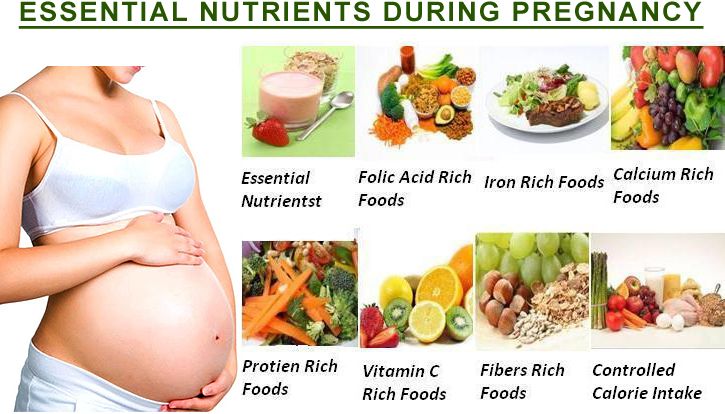 However, nurse-midwives do need to have a doctor available for the delivery in case an unexpected problem arises or a cesarean section (C-section) is required.
However, nurse-midwives do need to have a doctor available for the delivery in case an unexpected problem arises or a cesarean section (C-section) is required.
P
Nutrition and Supplements
Now that you're eating for two (or more!), this is not the time to cut calories or go on a diet. In fact, it's just the opposite — you need about 300 extra calories a day, especially later in your pregnancy when your baby grows quickly. If you're very thin, very active, or carrying multiples, you'll need even more. But if you're overweight, your health care provider may advise you to consume fewer extra calories.
Healthy eating is always important, but especially when you're pregnant. So, make sure your calories come from nutritious foods that will contribute to your baby's growth and development.
Try to maintain a well-balanced diet that incorporates the dietary guidelines including:
- lean meats
- fruits
- vegetables
- whole-grain breads
- low-fat dairy products
By eating a healthy, balanced diet you're more likely to get the nutrients you need.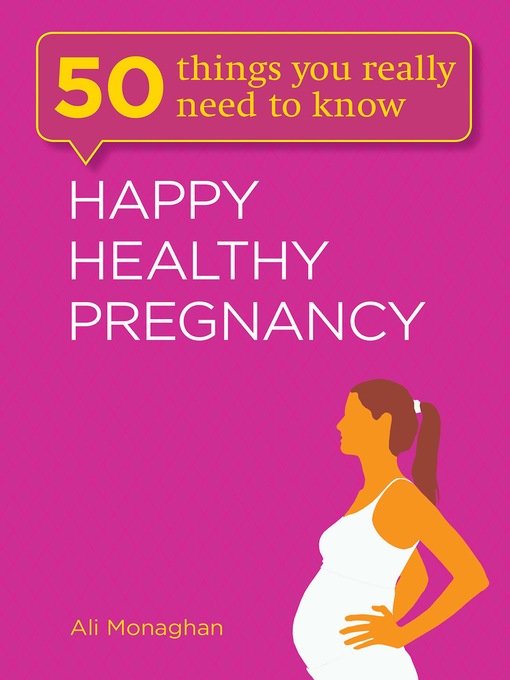 But you will need more of the essential nutrients (especially calcium, iron, and folic acid) than you did before you became pregnant. Your health care provider will prescribe prenatal vitamins to be sure both you and your growing baby are getting enough.
But you will need more of the essential nutrients (especially calcium, iron, and folic acid) than you did before you became pregnant. Your health care provider will prescribe prenatal vitamins to be sure both you and your growing baby are getting enough.
But taking prenatal vitamins doesn't mean you can eat a diet that's lacking in nutrients. It's important to remember that you still need to eat well while pregnant. Prenatal vitamins are meant to supplement your diet, and aren't meant to be your only source of much-needed nutrients.
Calcium
Most women 19 and older — including those who are pregnant — don't often get the daily 1,000 mg of calcium that's recommended. Because your growing baby's calcium demands are high, you should increase your calcium consumption to prevent a loss of calcium from your own bones. Your doctor will also likely prescribe prenatal vitamins for you, which may contain some extra calcium.
Good sources of calcium include:
- low-fat dairy products including milk, pasteurized cheese, and yogurt
- calcium-fortified products, including orange juice, soy milk, and cereals
- dark green vegetables including spinach, kale, and broccoli
- tofu
- dried beans
- almonds
Iron
Pregnant women need about 30 mg of iron every day. Why? Because iron is needed to make hemoglobin, the oxygen-carrying component of red blood cells. Red blood cells circulate throughout the body to deliver oxygen to all its cells.
Without enough iron, the body can't make enough red blood cells and the body's tissues and organs won't get the oxygen they need to function well. So it's especially important for pregnant women to get enough iron in their daily diets — for themselves and their growing babies.
Although the nutrient can be found in various kinds of foods, iron from meat sources is more easily absorbed by the body than iron found in plant foods. Iron-rich foods include:
- red meat
- dark poultry
- salmon
- eggs
- tofu
- enriched grains
- dried beans and peas
- dried fruits
- dark leafy green vegetables
- blackstrap molasses
- iron-fortified breakfast cereals
The Centers for Disease Control and Prevention (CDC) recommends that all women of childbearing age — and especially those who are planning a pregnancy — get about 400 micrograms (0.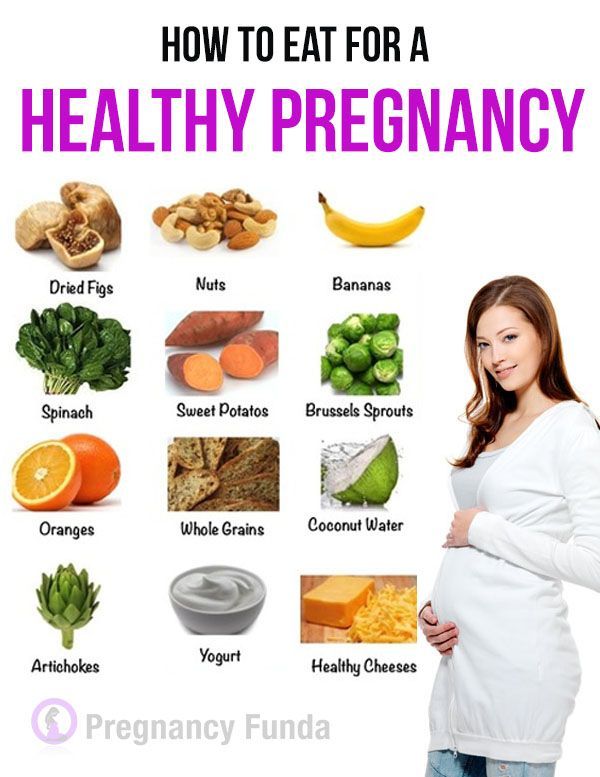 4 milligrams) of folic acid supplements every day. That can be from a multivitamin or folic acid supplement in addition to the folic acid found in food.
4 milligrams) of folic acid supplements every day. That can be from a multivitamin or folic acid supplement in addition to the folic acid found in food.
So, why is folic acid so important? Studies have shown that taking folic acid supplements 1 month prior to and throughout the first 3 months of pregnancy decrease the risk of neural tube defects.
The neural tube — formed during the first several weeks of the pregnancy, possibly before a woman even knows she's pregnant — goes on to become the baby's developing brain and spinal cord. When the neural tube doesn't form properly, the result is a neural tube defect such as spina bifida.
Again, your health care provider can prescribe a prenatal vitamin that contains the right amount of folic acid. Some pregnancy health care providers even recommend taking an extra folic acid supplement, especially if a woman has previously had a child with a neural tube defect.
If you're buying an over-the-counter supplement, remember that most multivitamins contain folic acid, but not all of them have enough to meet the nutritional needs of pregnant women.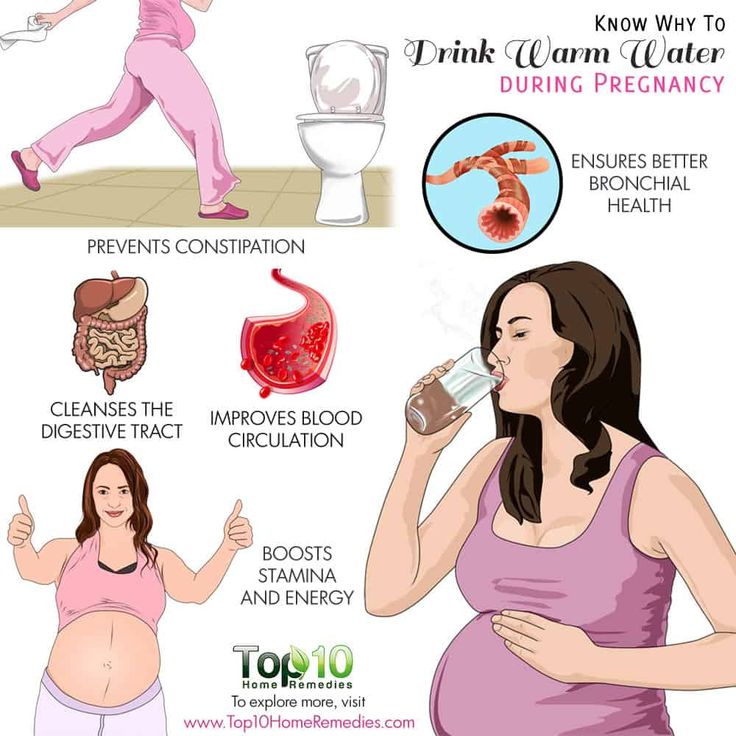 So, be sure to check labels carefully before choosing one and check with your health care provider.
So, be sure to check labels carefully before choosing one and check with your health care provider.
P
Fluids
It's important to drink plenty of fluids, especially water, during pregnancy. A woman's blood volume increases dramatically during pregnancy, and drinking enough water each day can help prevent common problems such as dehydration and constipation.
Exercise
The U.S. Department of Health and Human Services recommends at least 150 minutes (that's 2 hours and 30 minutes) of moderate-intensity aerobic activity each week if you're not already highly active or doing vigorous-intensity activity.
If you are very active or did intense aerobic activities before becoming pregnant, you may be able to keep up your workouts, as long as your doctor says it's safe. Before beginning — or continuing — any exercise routine, talk to your doctor.
Exercising during pregnancy has been shown to be very beneficial. Regular exercise can help:
- prevent excess weight gain
- reduce pregnancy-related problems, like back pain, swelling, and constipation
- improve sleep
- increase energy
- boost your mood
- prepare your body for labor
- lessen recovery time after the birth
Low-impact, moderate-intensity exercise activities (such as walking and swimming) are great choices.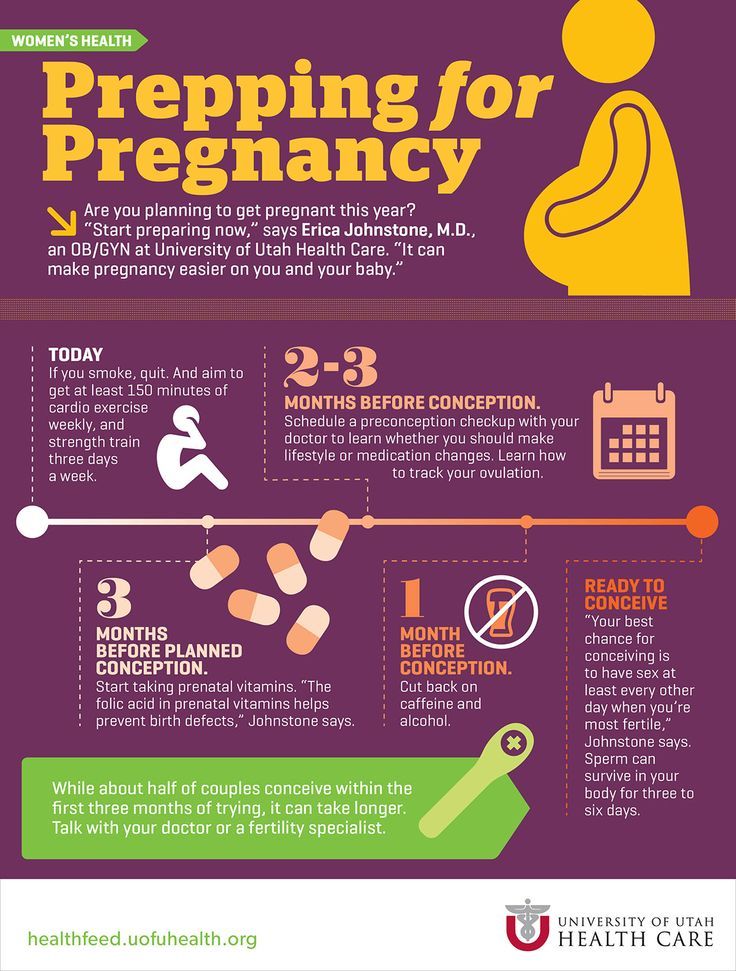 You also can try yoga or Pilates classes, videos, or exercise apps that are tailored for pregnancy. These are low-impact and they work on strength, flexibility, and relaxation.
You also can try yoga or Pilates classes, videos, or exercise apps that are tailored for pregnancy. These are low-impact and they work on strength, flexibility, and relaxation.
But you should limit high-impact aerobics and avoid sports and activities that pose a risk of falling or abdominal injury. These include contact sports, downhill skiing, scuba diving, and horseback riding.
It's also important to be aware of how your body changes. During pregnancy, your body makes a hormone known as relaxin. It's believed to help prepare the pubic area and the cervix for the birth. The relaxin loosens the ligaments in your body, making you less stable and more prone to injury.
So, it's easy to overstretch or strain yourself, especially the joints in your pelvis, lower back, and knees. Also, your center of gravity shifts as your pregnancy progresses, so you may feel off-balance and at risk of falling. Keep these in mind when you choose an activity and don't overdo it.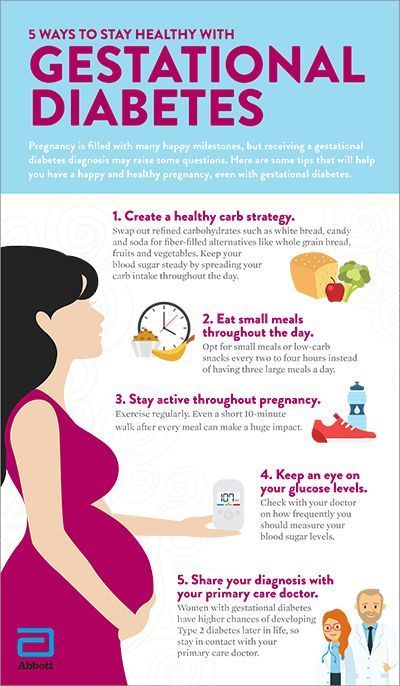
Whatever type of exercise you choose, make sure to take lots of breaks and drink plenty of fluids. Slow down or stop if you get short of breath or feel uncomfortable. If you have any questions about doing a sport or activity during your pregnancy, talk to your health care provider.
Sleep
It's important to get enough sleep during your pregnancy. You'll probably feel more tired than usual. And as your baby gets bigger, it will be harder to find a comfortable position when you're trying to sleep.
Lying on your side with your knees bent is likely to be the most comfortable position as your pregnancy progresses. It also makes your heart's job easier because it keeps the baby's weight from putting pressure on the large blood vessels that carry blood to and from your heart and your feet and legs. Lying on your side can also help prevent or reduce varicose veins, hemorrhoids, and swelling in your legs.
Some doctors specifically recommend that pregnant women sleep on the left side.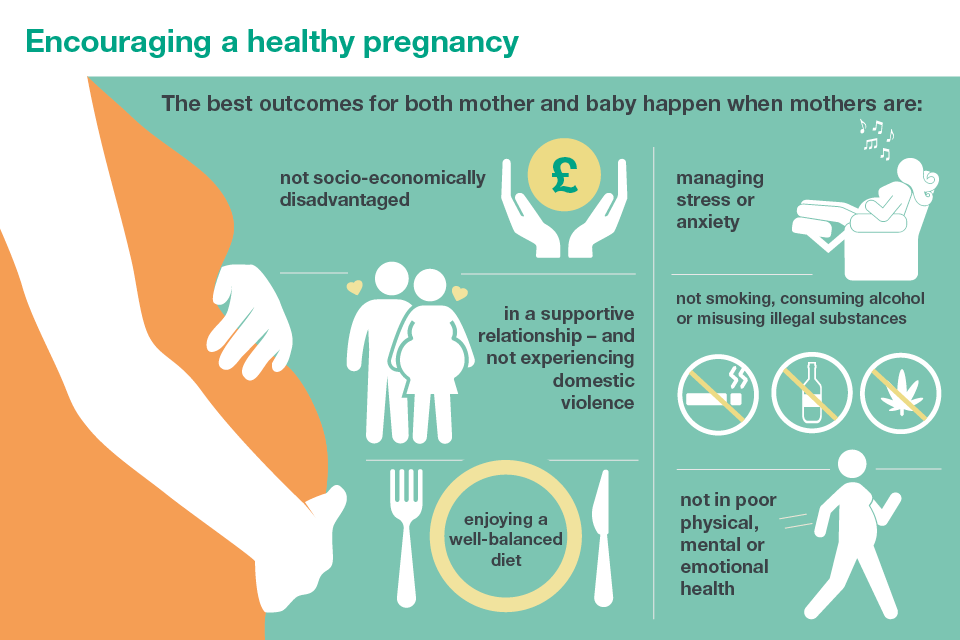 Because one of those big blood vessels is on the right side of your abdomen, lying on your left side helps keep the uterus off of it. Lying on your left side helps blood flow to the placenta and, therefore, your baby.
Because one of those big blood vessels is on the right side of your abdomen, lying on your left side helps keep the uterus off of it. Lying on your left side helps blood flow to the placenta and, therefore, your baby.
Ask what your health care provider recommends. In most cases, lying on either side should do the trick and help take some pressure off your back. For a more comfortable resting position either way, prop pillows between your legs, behind your back, and underneath your belly.
p
Some Things to Avoid
When you're pregnant, what you don't put into your body (or expose your body to) is almost as important as what you do. Here are some things to avoid:
Alcohol
Although it may seem harmless to have a glass of wine at dinner or a mug of beer out with friends, no one has determined what's a "safe amount" of alcohol to consume during pregnancy. One of the most common known causes of mental and physical birth defects, alcohol can cause severe abnormalities in a developing fetus.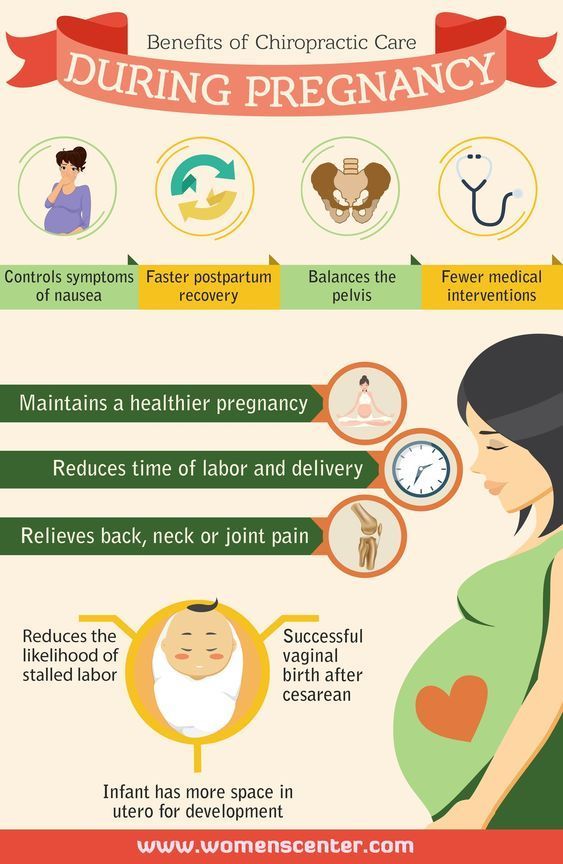
Alcohol is easily passed along to the baby, who is less equipped to eliminate alcohol than the mother. That means an unborn baby tends to develop a high concentration of alcohol, which stays in the baby's system for longer periods than it would in the mother's. And moderate alcohol intake, as well as periodic binge drinking, can damage a baby's developing nervous system.
If you had a drink or two before you even knew you were pregnant (as many women do), don't worry too much about it. But your best bet is to not drink any alcohol at all for the rest of your pregnancy.
Recreational Drugs
Pregnant women who use drugs may be placing their unborn babies at risk for premature birth, poor growth, birth defects, and behavior and learning problems. And their babies could also be born addicted to those drugs themselves.
If you're pregnant and using drugs, a health clinic such as Planned Parenthood can recommend health care providers, at little or no cost, who can help you quit your habit and have a healthier pregnancy.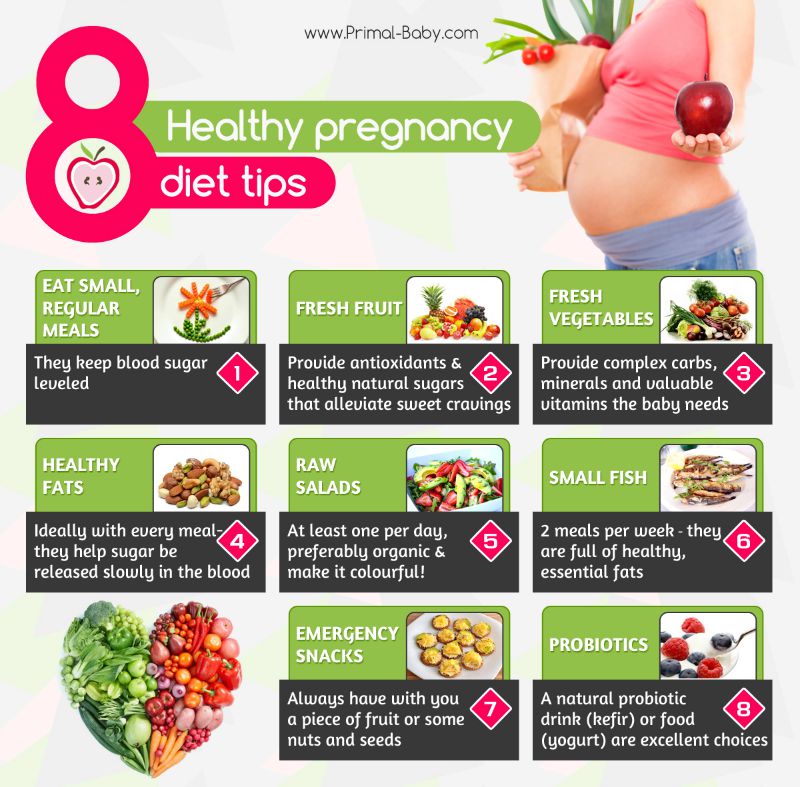
If you've used any drugs at any time during your pregnancy, it's important to inform your health care provider. Even if you've quit, your unborn child could still be at risk for health problems.
Nicotine
Pregnant women who smoke pass nicotine and carbon monoxide to their growing babies. The risks of this include:
- prematurity
- low birth weight
- sudden infant death syndrome (SIDS)
- asthma and other respiratory problems in the child
If you smoke, having a baby might be the motivation you need to quit. Talk to your health care provider about options for kicking the habit.
Caffeine
High caffeine consumption has been linked to an increased risk of miscarriage, so it's probably wise to limit or even avoid caffeine altogether if you can.
If you're having a hard time cutting out coffee cold turkey, here's how you can start:
- Cut your consumption down to one or two cups a day.
- Gradually reduce the amount of caffeine you get by combining decaffeinated coffee with regular coffee.
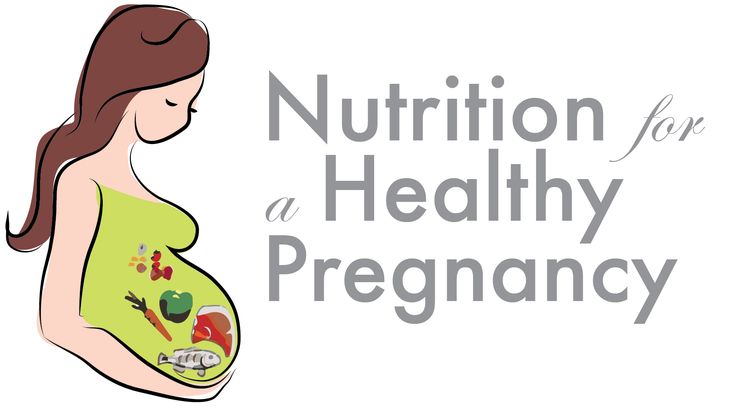
- Eventually try to cut out the regular coffee altogether.
And remember that caffeine is not limited to coffee. Many teas, colas, and other soft drinks contain caffeine. Try switching to decaffeinated products (which may still have some caffeine, but in much smaller amounts) or caffeine-free alternatives.
If you're wondering whether chocolate, which also contains caffeine, is a concern, the good news is that you can have it in moderation. Whereas the average chocolate bar has anywhere from 5 to 30 milligrams of caffeine, there's 95 to 135 milligrams in a cup of brewed coffee. So, small amounts of chocolate are fine.
p
Food Smarts & Other Precautions
Although you need to eat plenty of healthy foods during pregnancy, you also need to avoid food-borne illnesses, such as listeriosis and toxoplasmosis, which can be life-threatening to an unborn baby and may cause birth defects or miscarriage.
Foods you'll want to steer clear of include:
- soft, unpasteurized cheeses (often advertised as "fresh") such as feta, goat, Brie, Camembert, and blue cheese
- unpasteurized milk, juices, and apple cider
- raw eggs or foods containing raw eggs, including mousse, tiramisu, raw cookie dough, homemade ice cream, and Caesar dressing (although some store-bought brands of the dressing may not contain raw eggs)
- raw or undercooked meats, fish (sushi), or shellfish
- processed meats such as hot dogs and deli meats (unless they are reheated until steaming)
Also, although fish and shellfish can be an extremely healthy part of your pregnancy diet (they contain beneficial omega-3 fatty acids and are high in protein and low in saturated fat), you should avoid eating:
- shark
- swordfish
- king mackerel
- tilefish
- tuna steak (bigeye or ahi)
- marlin
- orange roughy
These types of fish may contain high levels of mercury, which can cause damage to the developing brain of a fetus.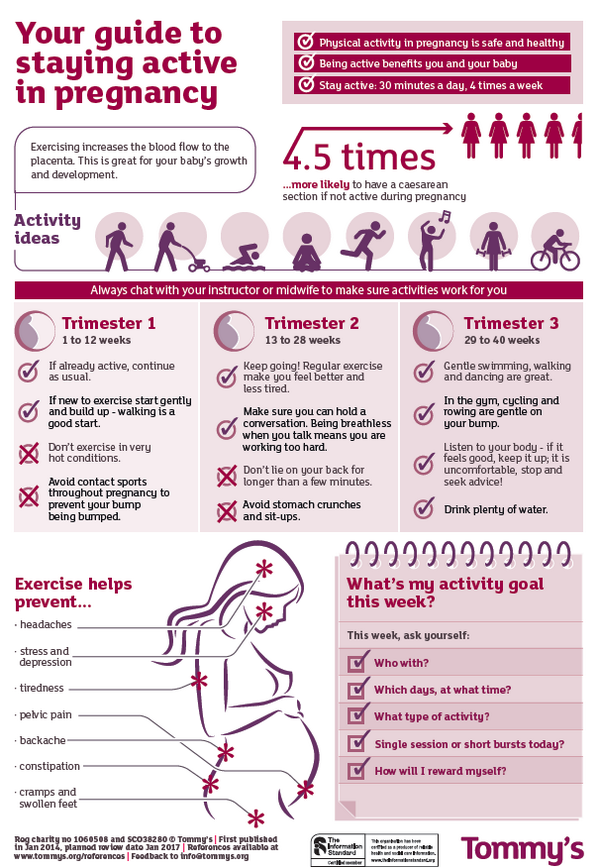 When you choose seafood, limit the total amount to about 12 ounces per week — that's about two meals. Also, if you like canned tuna, pay attention to the type in the can. Canned light tuna generally contains smaller fish and can be eaten twice a week. But albacore/white tuna contains larger fish and should only be eaten once per week. Check any local advisories before eating recreationally caught fish.
When you choose seafood, limit the total amount to about 12 ounces per week — that's about two meals. Also, if you like canned tuna, pay attention to the type in the can. Canned light tuna generally contains smaller fish and can be eaten twice a week. But albacore/white tuna contains larger fish and should only be eaten once per week. Check any local advisories before eating recreationally caught fish.
Changing the Litter Box
Pregnancy is the prime time to get out of cleaning kitty's litter box. Why? Because toxoplasmosis can be spread through soiled cat litter boxes and can cause serious problems, including prematurity, poor growth, and severe eye and brain damage. A pregnant woman who becomes infected often has no symptoms but can still pass the infection on to her developing baby.
Over-the-Counter and Prescription Medicines
Even common over-the-counter medicines that are generally safe may be considered off-limits during pregnancy because of their potential effects on the baby.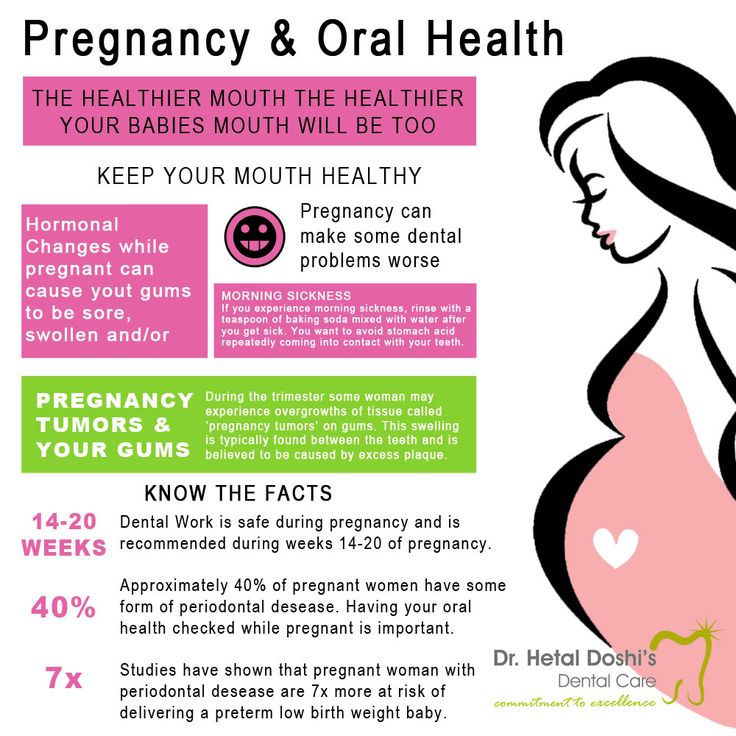 And some prescription medicines may also cause harm to the developing fetus.
And some prescription medicines may also cause harm to the developing fetus.
To make sure you don't take anything that could be harmful to your baby:
- Ask your health care provider which medicines — both over-the-counter and prescription — are safe to take during pregnancy.
- Talk to your health care provider about any prescription drugs you're taking.
- Let all of your health care providers know that you're pregnant so that they'll keep that in mind when recommending or prescribing any medicines.
- Also remember to discuss natural remedies, supplements, and vitamins.
If you were prescribed a medicine before you became pregnant for an illness, disease, or condition you still have, talk with your health care provider, who can help you weigh potential benefits and risks of continuing your prescription.
If you become sick (e.g., with a cold) or have symptoms that are causing you discomfort or pain (like a headache or backache), talk to your health care provider about medicines you can take and alternative ways to help you feel better without medicine.
Healthy Pregnancy Habits: From Start to Finish
From the first week of your pregnancy to the fortieth, it's important to take care of yourself so you can take care of your baby. Even though you have to take some precautions and be ever-aware of how what you what you do — and don't do — may affect your baby, many women say they've never felt healthier than during pregnancy.
Pregnancy and woman's health
How does pregnancy affect women's beauty?
In the arsenal of any woman who has given birth or is planning to have children, there are stories about how pregnancy and childbirth affect maternal health and beauty. Some say that during pregnancy the skin becomes smooth and clean, the hair becomes lush and shiny, the breasts take on amazing shapes, strength is added, and resistance to various infections increases dramatically. Others complain of increased hair loss, dark spots on the skin of the face, stretch marks on the chest and abdomen, fatigue, depression, exacerbation of all existing diseases.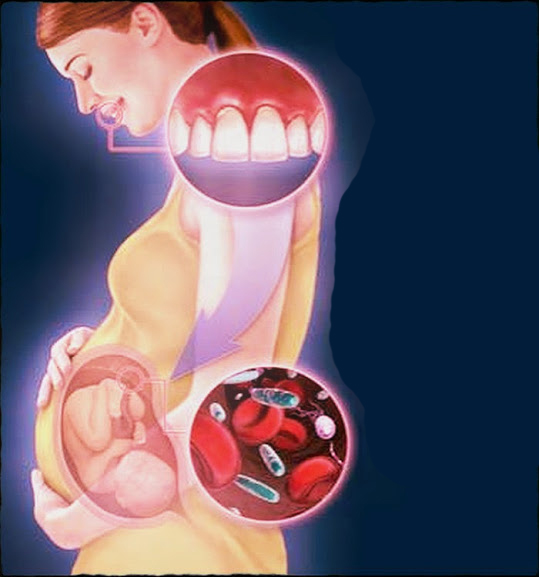 Such "contradictions" clearly require explanation. What is pregnancy? A serious illness that takes away strength and health, or the flowering of a woman's nature? Let's try to figure it out.
Such "contradictions" clearly require explanation. What is pregnancy? A serious illness that takes away strength and health, or the flowering of a woman's nature? Let's try to figure it out.
What happens in the body during pregnancy?
It is known that quite a lot of changes occur in the body during pregnancy, and many of them are due to hormonal changes. Their influence on the appearance and health of a woman can be likened to a picture consisting of many shades and halftones. The severity of "positive" and "negative" effects depends on heredity, and on the state of health of the woman at the time of conception, and on the characteristics of the course of a particular pregnancy.
Often after childbirth, a woman notices an unpleasant change in the appearance of her thighs and lower abdomen, which is commonly called “cellulite”. So, whether a given woman develops cellulite or not, depends primarily on the hereditary characteristics of her connective tissue and on whether she had late toxicosis during pregnancy (it causes fluid retention in the tissues).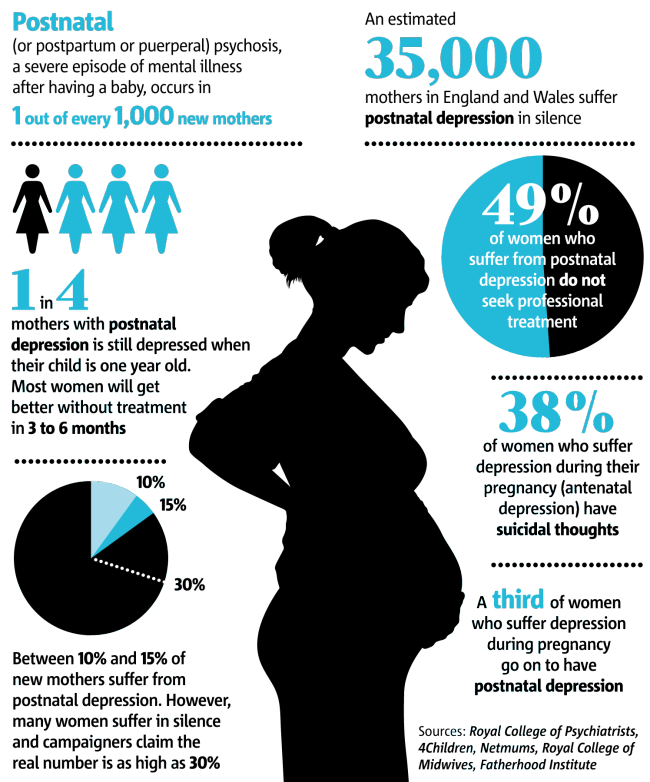 Of certain importance are the features of nutrition, and weight gain during pregnancy, and how competently a woman cared for her skin.
Of certain importance are the features of nutrition, and weight gain during pregnancy, and how competently a woman cared for her skin.
What diseases are dangerous during pregnancy?
Pregnancy forces all organs and systems of the body to work in a mode of increased stress. Depending on the "initial" state of this or that organ, it can cope "better" or "worse" with this tension. That is why pregnancy is a “risk factor” for some diseases.
For example, if a woman has impaired kidney function (or there is a predisposition to such a disorder - say, pyelonephritis was once diagnosed in childhood, which then did not manifest itself for many years), then it is highly likely that during pregnancy these violations will intensify and the disease will worsen. The same applies to diseases of the cardiovascular system (heart defects, arterial hypertension, etc.) and endocrine systems (diabetes mellitus, thyroid disease, etc.).
Unpleasant consequences of pregnancy
During pregnancy, the mother's body devotes all resources to the child, trying its best to ensure its successful development. Spent, and sometimes depleted, reserves of nutrients, reserves of calcium, iron. According to available scientific data, in women who have given birth three times or more, menopause, as a rule, occurs earlier, and menopause in such women is more severe. In adulthood, many of them change their figure not for the better - for example, the so-called “sagging belly” is formed: this is due to overstretching of the membranes of the muscles of the anterior abdominal wall. On the other hand, it has also been proven that a woman who has brought up three or more children is much less at risk of developing breast cancer.
Spent, and sometimes depleted, reserves of nutrients, reserves of calcium, iron. According to available scientific data, in women who have given birth three times or more, menopause, as a rule, occurs earlier, and menopause in such women is more severe. In adulthood, many of them change their figure not for the better - for example, the so-called “sagging belly” is formed: this is due to overstretching of the membranes of the muscles of the anterior abdominal wall. On the other hand, it has also been proven that a woman who has brought up three or more children is much less at risk of developing breast cancer.
How to prepare for pregnancy?
Ideally, i.e. in the case of a planned conception, a woman should follow proper nutrition and lifestyle before pregnancy, take multivitamin-mineral complexes. In addition, according to the WHO recommendation, at least two years must pass between childbirth and subsequent pregnancy - this is how much time a woman needs to restore strength, replenish resources and re-prepare her body for bearing and giving birth to a healthy child.
* * *
Today it can be considered quite proven by science that the state of a person's health is largely determined by his psychological state. As a rule, pregnancy and childbirth increase a woman's self-esteem, give her self-confidence, therefore, despite all the hormonal imbalances, despite the highest stress of all the forces of the body, pregnancy and childbirth often truly transform a woman, because motherhood is the highest form of femininity.
Sources
- Chan L., Gordon A., Warrilow K., Wojcieszek A., Firth T., Loxton F., Bauman A., Flenady V. Evaluation of Movements Matter: A social media and hospital-based campaign aimed at raising awareness of decreased fetal movements. // Aust N Z J Obstet Gynaecol - 2021 - Vol - NNULL - p.; PMID:33908059
- Erdogan G. Evaluation of Turkish Women's Thoughts on Their First Sexual Experience. // Cureus - 2021 - Vol13 - N3 - p.e14096; PMID:33907640
- Pérez Corral O., Danet Danet A. [Gender analysis of the Spanish Fertility Survey 2018].
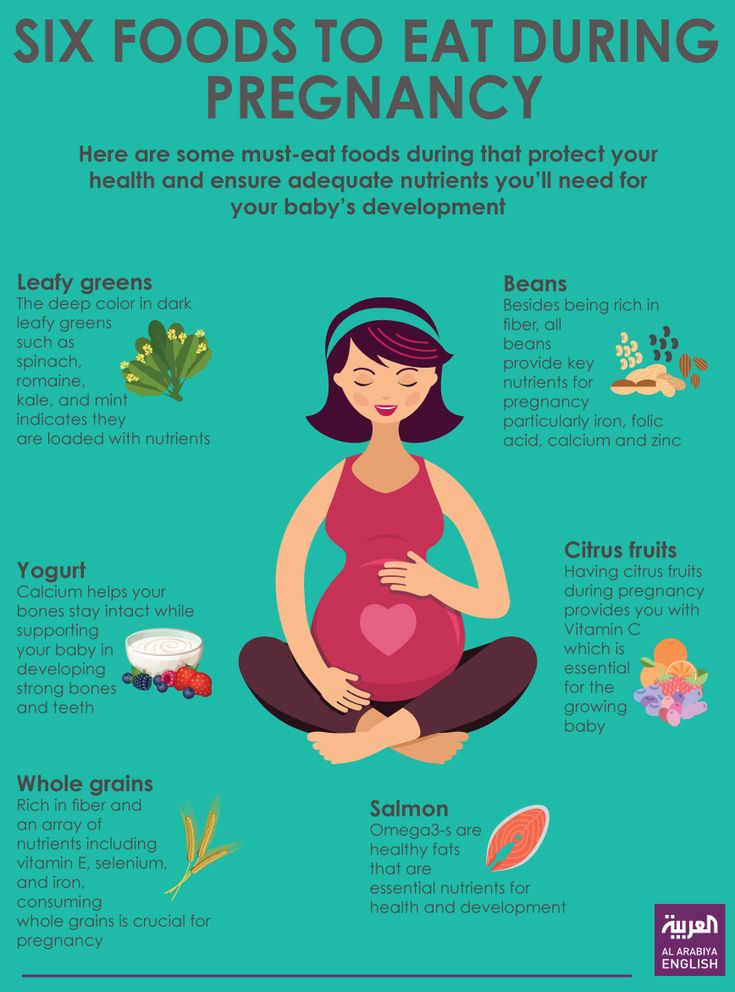 // Gac Sanit - 2021 - Vol - NNULL - p.; PMID:33906792
// Gac Sanit - 2021 - Vol - NNULL - p.; PMID:33906792 - Jardine J., Morris E. COVID-19 in Women's health: Epidemiology. // Best Pract Res Clin Obstet Gynaecol - 2021 - Vol - NNULL - p.; PMID:33906791
- Thompson JR., Risser LR., Dunfee MN., Schoenberg NE., Burke JG. Place, Power, and Premature Mortality: A Rapid Scoping Review on the Health of Women in Appalachia. // Am J Health Promot - 2021 - Vol - NNULL - p.8901171211011388; PMID:33906415
- No authors found Reproductive Health Care for Incarcerated Pregnant, Postpartum, and Nonpregnant Individuals. // Obstet Gynecol - 2021 - Vol - NNULL - p.; PMID:33906198
- Roos EJ., Simms-Cendan J., Cheung C., Laufer D., Grover SR. Pediatric and adolescent gynecology through a global lens. // Int J Gynaecol Obstet - 2021 - Vol - NNULL - p.; PMID:33905533
- Aziz Ali S., Feroz A., Abbasi Z., Aziz Ali S., Allana A., Hambidge KM., Krebs NF., Westcott JE., McClure EM., Goldenberg RL., Saleem S. Perceptions of women, their husbands and healthcare providers about anemia in rural Pakistan: Findings from a qualitative exploratory study.
 // PLoS One - 2021 - Vol16 - N4 - p.e0249360; PMID:33905421
// PLoS One - 2021 - Vol16 - N4 - p.e0249360; PMID:33905421 - Liu T., Zhang M., Rahman ML., Wang X., Hinkle SN., Zhang C., Mueller NT. Exposure to heavy metals and trace minerals in first trimester and maternal blood pressure change over gestation. // Environ Int - 2021 - Vol153 - NNULL - p.106508; PMID:33901931
- Pilkington PD., Bedford-Dyer I. Mothers' Worries During Pregnancy: A Content Analysis of Reddit Posts. // J Perinat Educ - 2021 - Vol30 - N2 - p.98-107; PMID:33897234
Important to know - Petersburger's health
A woman who plans to become a mother should review her lifestyle at least three months before the start of pregnancy. First of all, you should start taking folic acid at 4-8 milligrams daily. This nutrient, from the point of view of evidence-based medicine, is an excellent prevention of malformations in the fetus, in particular, chromosomal pathology. Moreover, both spouses need to take folic acid. And after the woman became pregnant, the drug should be continued for another 12 weeks. This is the critical period when the unborn baby may develop malformations, which, if possible, must be prevented.
This is the critical period when the unborn baby may develop malformations, which, if possible, must be prevented.
Down with bad habits!
Smoking and alcohol are prohibited for pregnant women. They need to be forgotten. And if you swear to yourself that you will smoke just one cigarette and drink only a stack, know that even small doses are very harmful, especially in the first trimester, and can provoke an abortion.
Limit "communication" with gadgets.
Our everyday life is impossible without computers and tablets, especially for those whose work is directly related to gadgets. However, they all have electromagnetic radiation, which must be limited to pregnant women in the early stages. The fact is that electromagnetic waves also lead to malformations in the fetus.
Be careful with medicines.
If a pregnant woman has a chronic disease and has to constantly take medications, it is advisable to switch to more gentle drugs that will not lead to malformations in the fetus.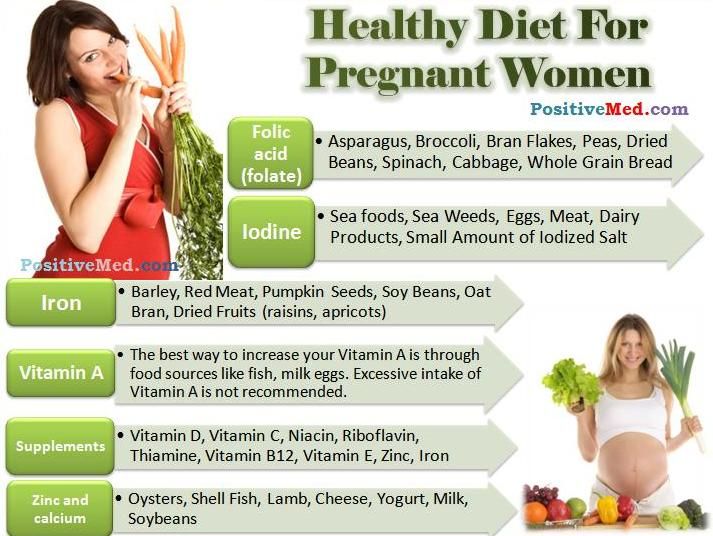 In the first 12 weeks of pregnancy, any medication should be used with extreme caution. It is during this period that the "laying" of all the organs of the child occurs. It is impossible to know for sure which medicine and how it will affect his health.
In the first 12 weeks of pregnancy, any medication should be used with extreme caution. It is during this period that the "laying" of all the organs of the child occurs. It is impossible to know for sure which medicine and how it will affect his health.
No stress!
Stress is an incredibly dangerous thing for a future mother. They must be avoided at all costs. In extreme cases, if a woman is nervous, she can be prescribed valerian preparations to normalize her psycho-emotional state. Herbal medicine is not contraindicated either, but you should not abuse herbs, and the use of St. John's wort should be completely abandoned, as it can lead to abortion.
Do not overeat!
A pregnant woman's diet should include protein foods, vitamins, dairy products, fish, lots of vegetables and fruits. It is important that the food is balanced in terms of calories. Many people experience different taste preferences during pregnancy. Someone wants herring, and someone is drawn to sweets or grapes.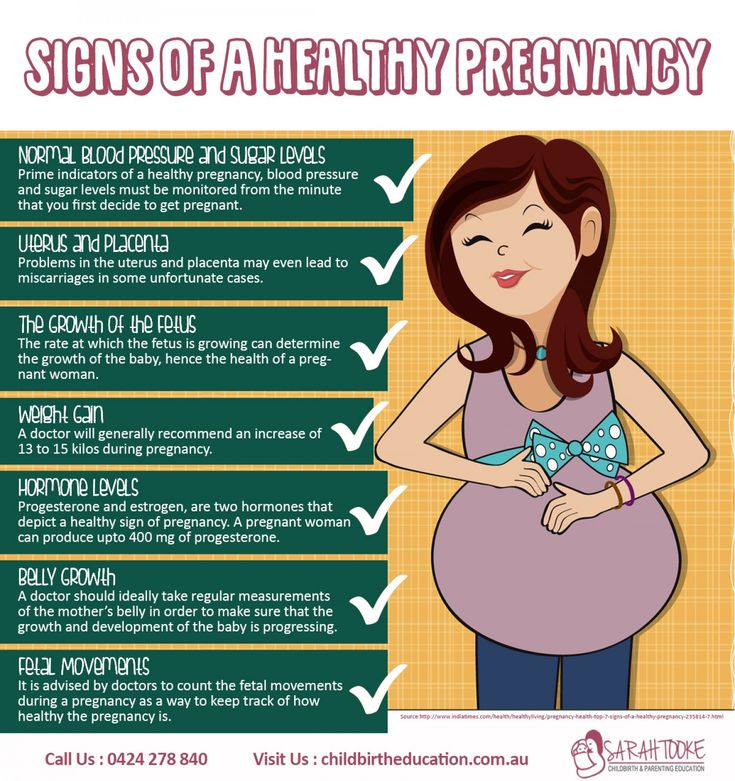 You don’t need to deny yourself what you want, but you can’t overeat either. If you constantly eat sweets and sweet fruits, you quickly gain weight, and if you lean on herring and pickles, there will be problems with the kidneys, swelling will appear.
You don’t need to deny yourself what you want, but you can’t overeat either. If you constantly eat sweets and sweet fruits, you quickly gain weight, and if you lean on herring and pickles, there will be problems with the kidneys, swelling will appear.
When buying products, you need to make sure that they do not contain harmful additives (dyes, stabilizers, preservatives, and so on). All of them negatively affect the development of the fetus. As for coffee, there are no strict restrictions. The use of tea also does not bear any negative consequences. Everything is useful in reasonable quantities.
Do not breathe household chemicals!
Constant contact with household chemicals is very harmful, especially in the early stages. At risk are young and healthy women who work closely with these products. Often, their pregnancy has to be interrupted due to pathologies in the development of the fetus. It is categorically impossible to constantly breathe fumes from household chemicals - they can act toxic, corrode the lungs and even destroy brain cells.